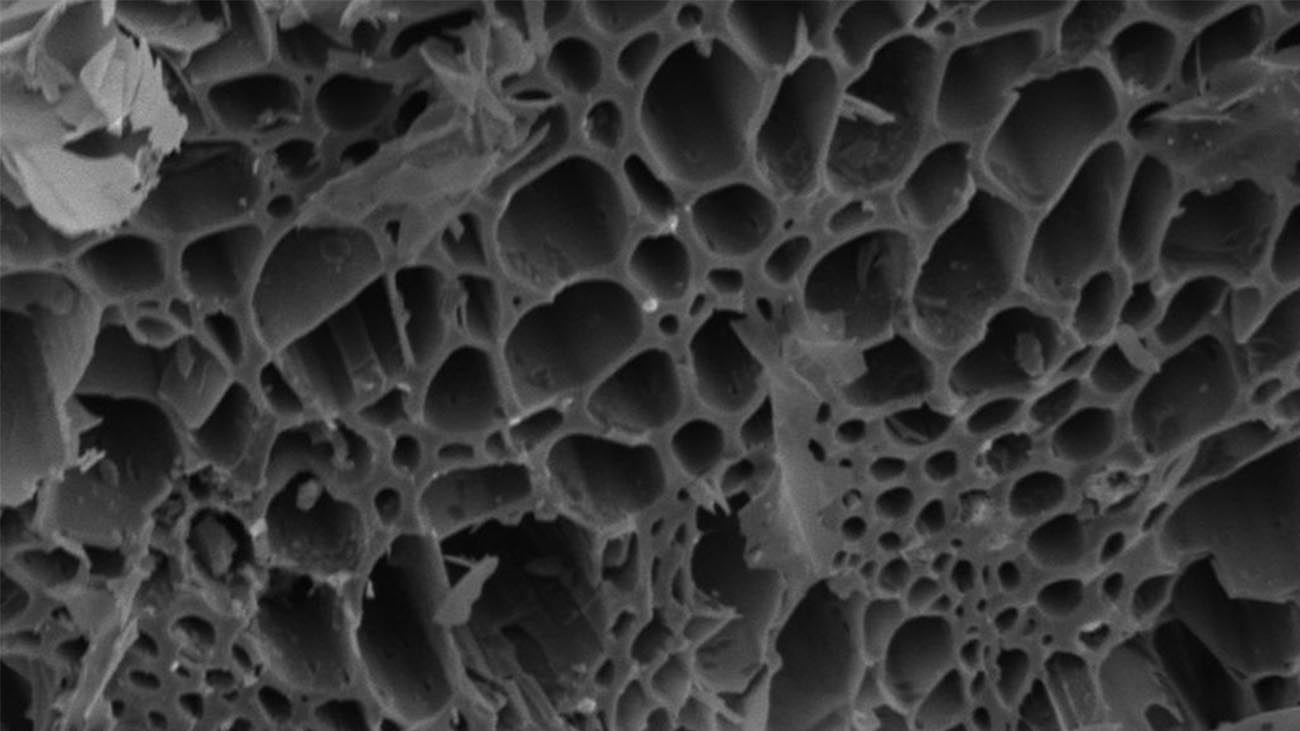Soil remediation, the process of restoring contaminated or degraded soil to a healthier state, is a crucial aspect of environmental stewardship. In recent years, a sustainable and innovative solution has emerged – biochar. This carbon-rich material, produced through a process known as pyrolysis, has gained recognition for its ability to enhance soil quality, sequester carbon, and contribute to a more sustainable agricultural ecosystem.

Understanding Biochar Production
Before delving into the benefits of biochar in soil remediation, it’s essential to grasp the intricacies of its production. The term biochar production equipment encompasses various technologies designed to convert biomass into biochar through pyrolysis – a thermal decomposition process in the absence of oxygen. This equipment plays a pivotal role in determining the properties of the resulting biochar, such as its porosity, surface area, and nutrient retention capabilities.
The Pyrolysis Process
The production of biochar involves subjecting organic materials, such as agricultural residues or wood waste, to high temperatures in a controlled environment. This process results in the breakdown of complex organic compounds into a carbon-rich char. The absence of oxygen during pyrolysis prevents complete combustion, leading to the formation of biochar instead of ash.
The choice of biochar production equipment for sale influences the temperature and duration of pyrolysis, affecting the characteristics of the final product. The equipment may include batch or continuous pyrolysis systems, each offering distinct advantages in terms of efficiency and scalability.
Key Properties of Biochar
1. Porosity and Surface Area
One of the defining features of biochar is its porous structure. The microscopic pores not only provide habitat for beneficial microorganisms but also serve as a reservoir for water and nutrients. This high surface area enhances the biochar’s ability to retain essential elements, preventing nutrient leaching and promoting their gradual release into the soil.
2. Carbon Sequestration
Biochar is hailed for its potential to sequester carbon in the soil for extended periods. The stable carbon structure resists decomposition, effectively removing carbon dioxide from the atmosphere and mitigating the impacts of climate change. Incorporating biochar into agricultural practices aligns with carbon-neutral initiatives, contributing to a more sustainable and resilient environment.
3. Cation Exchange Capacity (CEC)
The cation exchange capacity of biochar is a crucial factor influencing its impact on soil fertility. With a high CEC, biochar can hold onto essential nutrients like potassium, calcium, and magnesium, releasing them gradually as needed by plants. This property enhances soil fertility and reduces the dependence on synthetic fertilizers, promoting sustainable agricultural practices.

Benefits of Biochar in Soil Remediation
1. Contaminant Immobilization
Biochar’s porous structure and high surface area make it an effective agent for immobilizing contaminants in the soil. The physical and chemical interactions between biochar and pollutants reduce their mobility, preventing leaching into groundwater. This makes biochar a valuable tool in remediating soils contaminated with heavy metals, organic pollutants, or pesticides.
2. Improved Soil Structure
The incorporation of biochar produced by biomass pyrolysis machine enhances soil structure by promoting aggregation and reducing compaction. This creates a more favorable environment for root growth and improves water infiltration, reducing the risk of soil erosion. The resulting improvement in soil aeration contributes to healthier microbial communities, fostering a symbiotic relationship between plants and beneficial soil organisms.
3. Nutrient Retention and Recycling
Biochar’s ability to retain nutrients extends beyond preventing leaching. It actively participates in nutrient cycling by providing a habitat for beneficial microorganisms involved in decomposition and nutrient release. This promotes a sustainable nutrient supply to plants, reducing the need for external fertilizers and minimizing the environmental impact of nutrient runoff.
4. pH Buffering
In addition to its nutrient management capabilities, biochar acts as a pH buffer, stabilizing soil pH levels. This is particularly valuable in soils with acidic or alkaline conditions, as biochar helps maintain an optimal pH range for plant growth. The pH-buffering capacity contributes to the resilience of agricultural ecosystems facing the challenges of changing climate conditions.
Innovations in Biochar Production Equipment
As the demand for biochar grows, advancements in biochar production equipment continue to drive the evolution of this sustainable practice. Modern technologies focus on maximizing efficiency, scalability, and the customization of biochar properties for specific soil and crop requirements.
1. Continuous Pyrolysis Systems
Continuous pyrolysis systems represent a significant innovation in biochar production. These systems operate seamlessly, allowing for a continuous feed of biomass and a steady output of biochar. The controlled and automated nature of continuous systems ensures consistent biochar quality and production rates, making them suitable for large-scale applications.
2. Integration with Renewable Energy
Some cutting-edge biochar making machine integrates with renewable energy sources, creating a closed-loop system that minimizes the overall environmental impact. By utilizing biomass feedstocks and renewable energy for pyrolysis, these systems contribute to a circular economy, aligning with the principles of sustainability and resource conservation.
3. Customizable Pyrolysis Parameters
Advancements in pyrolysis technology allow operators to customize key parameters such as temperature, residence time, and feedstock composition. This level of control enables the production of biochar with specific characteristics tailored to the unique needs of different soils and crops. Precision in biochar production contributes to its effectiveness in addressing diverse soil remediation challenges.
Challenges and Considerations
While biochar presents a promising solution for soil remediation, certain challenges and considerations must be acknowledged. These include:
1. Feedstock Availability
The sustainable production of biochar relies on the availability of suitable biomass feedstocks. Ensuring a consistent and diversified supply of feedstocks is essential for the long-term viability of biochar production.
2. Soil-Specific Application
Biochar’s effectiveness in soil remediation varies based on soil type, climate, and specific contaminants present. Tailoring biochar application methods to the unique characteristics of each remediation site is crucial for achieving optimal results.
3. Economic Viability
The upfront costs associated with biochar production equipment and application may pose economic challenges for widespread adoption. However, the long-term benefits in terms of improved soil quality and reduced environmental impact contribute to the economic viability of biochar use.
The Future of Biochar in Sustainable Agriculture
As we navigate the complexities of soil remediation and sustainable agriculture, biochar emerges as a beacon of innovation and environmental responsibility. The ongoing advancements in biochar production equipment reflect a commitment to refining this technology for broader adoption. If you would like to explore more uses for biochar, please contact Beston Group.
In the coming years, biochar is poised to play an increasingly integral role in transforming soil management practices. From contaminated land remediation to enhancing agricultural productivity, the multifaceted benefits of biochar make it a cornerstone of sustainable soil health.
In conclusion, biochar stands as a testament to the marriage of technology and environmental consciousness. Its application in soil remediation not only addresses the pressing challenges of today but also lays the groundwork for a more resilient and sustainable agricultural future.